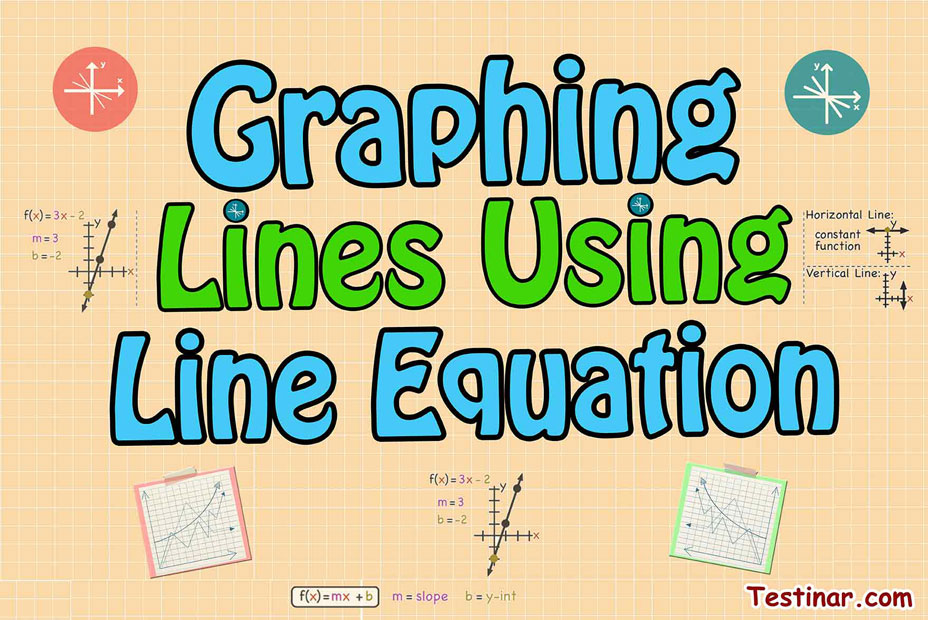
How To Graph Lines Using Line Equation
Read,6 minutes
Graphing lines from equations is a fundamental skill in algebra. It helps us visualize linear equations and solve problems related to them. Here's how you can graph a line from its equation:
Understanding the Line Equation
The most common form of a line equation is in the slope-intercept form, which is \(y = mx + b\), where:
- \(m\) is the slope of the line
- \(b\) is the y-intercept of the line, which is the point where the line crosses the y-axis.
Plotting the y-intercept
First, we start by plotting the y-intercept \((b)\) on the graph. This point is always on the y-axis and is given by the coordinates \((0, b)\).
Using the Slope to Plot the Line
Next, we use the slope \(m\) to determine the direction of the line. The slope is the rise (vertical change) over run (horizontal change). A positive slope means the line goes upward to the right, and a negative slope means it goes downward to the right. Starting from the y-intercept, if the slope is \(2/1\), for example, we can move \(2\) units up (rise) and \(1\) unit to the right (run) to find another point on the line.
Drawing the Line
After plotting the y-intercept and using the slope to find another point, we can draw a straight line through these points. This line represents the solution to the line equation.
Example
Consider the equation \(y = 2x + 3\). Here, the slope \(m\) is \(2\) and the y-intercept (b) is \(3\). We can plot the point \((0, 3)\) for the y-intercept. Then, we use the slope \(2/1\) to find that we move \(2\) units up and \(1\) unit to the right to plot another point \((1, 5)\). Drawing a line through these points gives us the graph of the line \(y = 2x + 3\).
Free printable Worksheets
Graphing Lines Using Line Equation Quiz